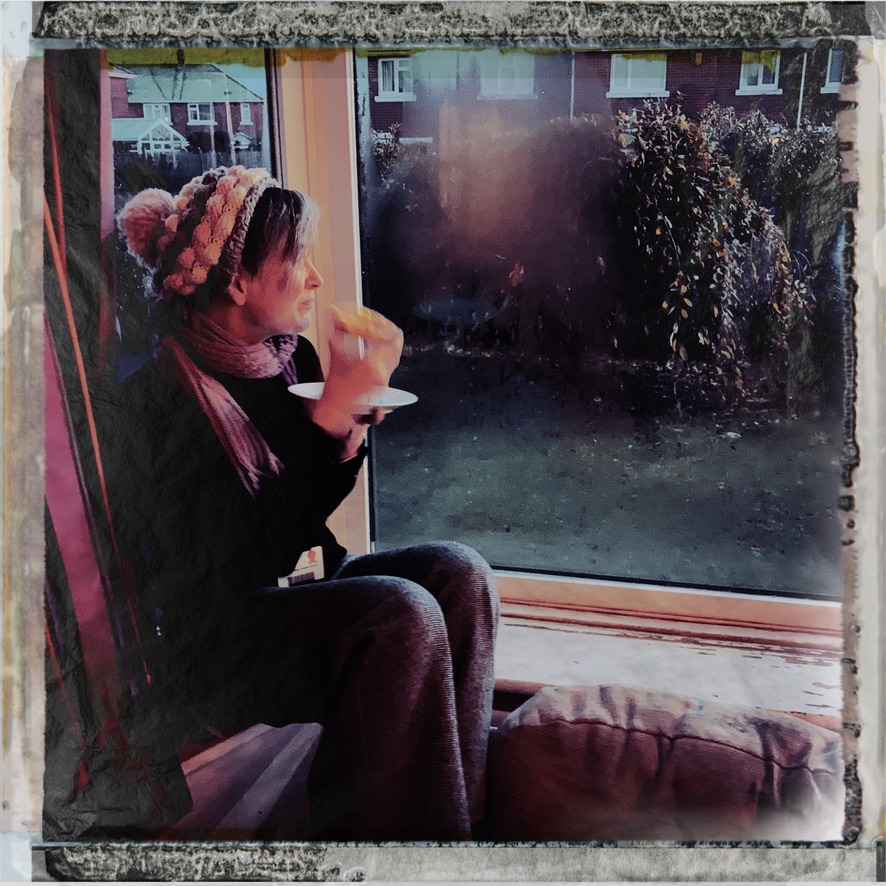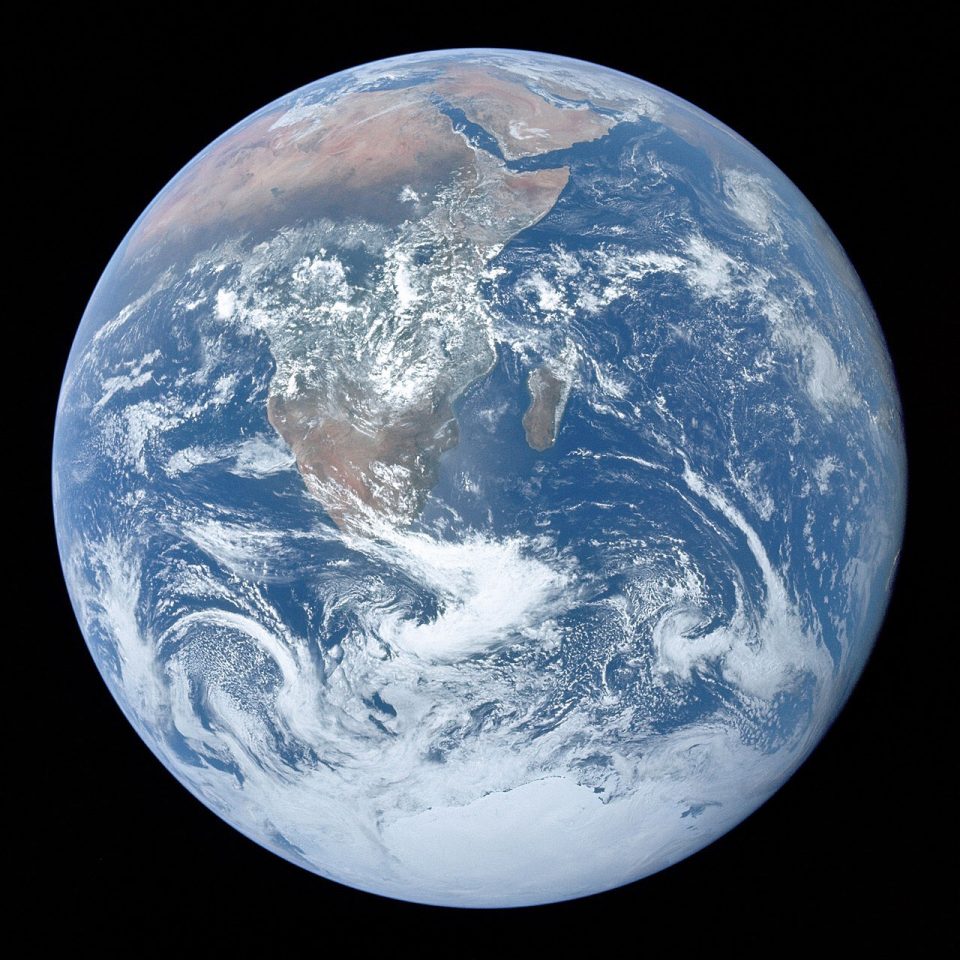Matthew 6:26-27 When Rob told me one of my ‘Advent Words’ was Content. I walked the dog and considered the meaning of it. Both content as in what’s inside, and content as in being fulfilled by what we have and do came to mind. And I was surprised that the two can often be in opposition. St. Sheryl Crowe wrote: …
Feast : Wor Yem : Day 18
Luke 15:20b-22 Now it is true we probably all like a good feast, there is nothing better than tucking in to your favourite meal and enjoying the chat and banter of those gathered around the table, and Christmas is exactly the time when we will do just that, or like our reading, maybe its the return of an estranged loved …
Weary : Wor Yem : Day 17
Isaiah 40:27-31 As I write this I am currently recovering from a cold, before this it had been a mad few weeks of work and socialising, i’ve loved it, but I realised as the cold kicked in that I wasn’t used to it, the pandemic slowed me down, it slowed us all down. While I have been recovering, Karen also …
Body : Wor Yem : Day 16
Psalm 139:13-16 How do you feel about your body? Your humanness? The body is a peculiar thing isn’t it? We have the uniqueness of who we are written into our DNA, not to mention, our fingerprints, voice, teeth, as well as our walk, tongue, lips, eye and even our toes!! Who knew? We are incredible! I suspect each of us …
Family : Wor Yem : Day 15
Mark 3:33-35 John 19:26-27 Families are tricky things. You may think of your family and have warm fuzzies. You may not. But at this time of year we’re bombarded with images of what a “normal” family should look like – even if it’s an alternative view. I need to be honest that this reflection was the hardest for me to …
Place : Wor Yem : Day 14
Matthew 2:1-12 Where are you as you read these words? Sat at home, in a coffee shop, on a walk. Maybe you are in one of your favourite places or an unfamiliar one that feels a little strange. In the story of Jesus’ birth we hear of numerous people having to move to new places or seek very specific ones. …
Beer and Carols!
This sunday, we will be gathering for the return of BEER AND CAROLS! why not join us for a festive sing along this year will also have songs by Mariners and Marras! 7.30 at Platform 2 Hope to see you there!! Peace, Rob Rob WylieRob Wylie is the founder of BeachcomberFX and guides its leadership team. He has worked in the …
Home : Wor Yem : Day 13
Isaiah 32:1-5 Isaiah 32:15-18 I wonder where you consider your home to be? I wonder what comes to mind when you ponder on the word home, maybe it’s the house you grew up in, or the region, town, you now reside. It could even be the people that you associate with that make you feel at home. So It could …
Space : Wor Yem : Day 12
John 1:1-5 The opening of the book of John is an echo of the opening words of the book of Genesis. In the beginning! In the beginning there was nothing but God and then there was all things. The universe expanding into the mass of stars and planets, galaxies forming and solar systems falling into place. There was skies and …
Earth : Wor Yem : Day 11
Psalm 104:24-26 Today (7th December 2022) is exactly 50 years since this photo – the Blue Marble – was taken from Apollo 17. At the time environmentalist had asked NASA to take a Hi-res image of the whole earth as they believed that when humans saw their planet in one frame it would change their attitude towards it. Previous lower …









